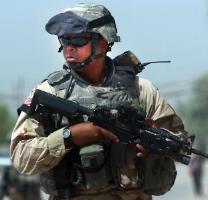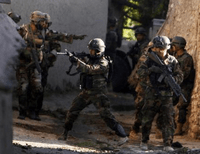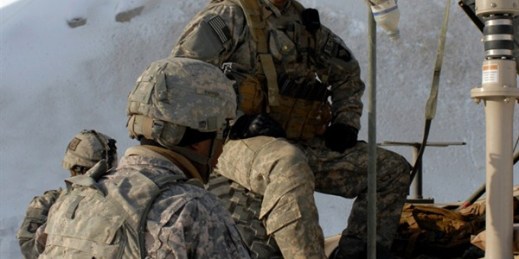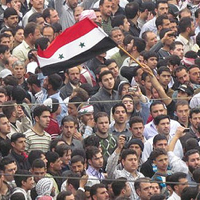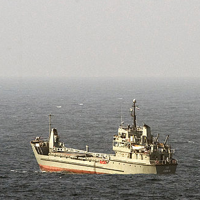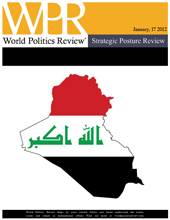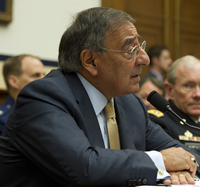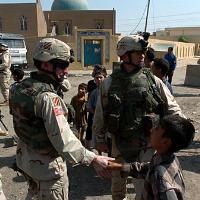
Defense policy analysts and pundits are wasting ink arguing back and forth about whether or not counterinsurgency is dead or alive. The real debate — the one that risks getting lost in the noise about counterinsurgency’s vital signs — concerns the future of the U.S. Army. As the U.S. military ends its role in Iraq and winds down in Afghanistan, the U.S. Army, alone among the armed services, has no compelling narrative for how it fits into the nation’s defense. The questions today surrounding the future of counterinsurgency are no less intense than the debates over whether or not counterinsurgency […]

